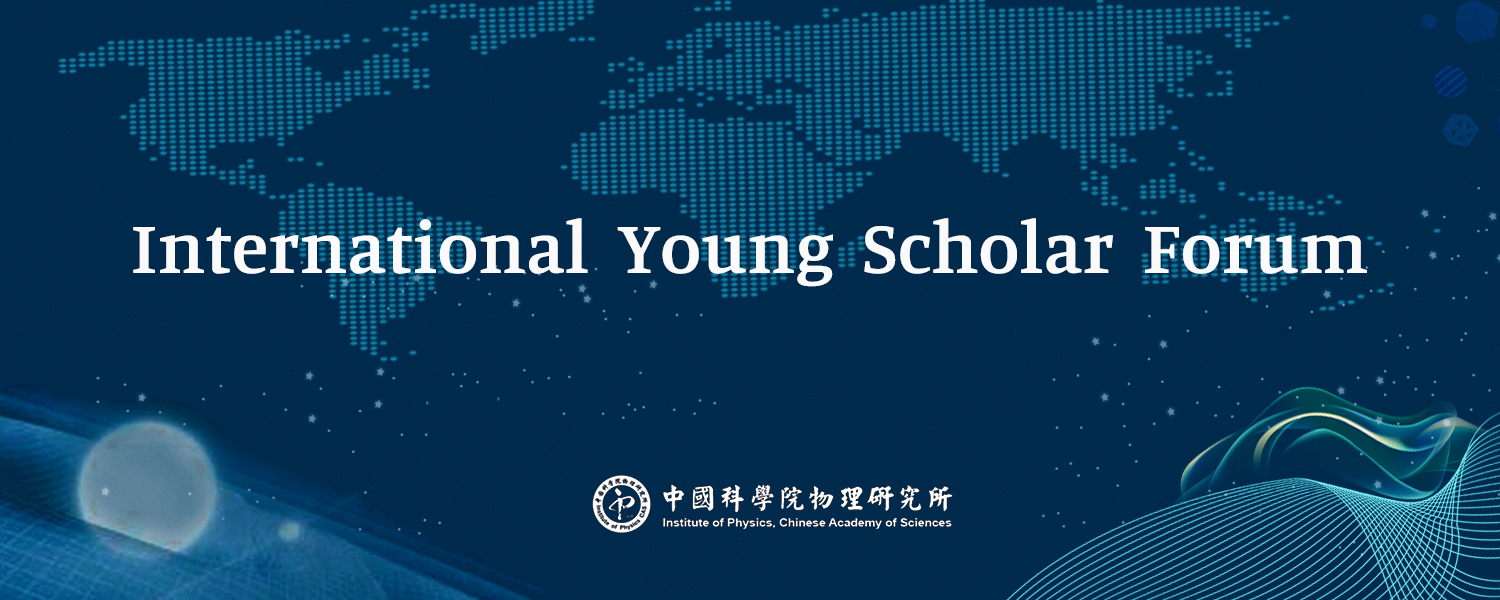Speaker: Dr. Di Luo, NSF AI Institute, MIT
Host: Prof. Lei Wang, Institute of Physics
Time: 10:00 am, January 13th, 2023
Abstract:
Simulation of quantum many-body physics, such as looking for ground state properties and real time dynamics, plays an important role in the study of condensed matter physics, high energy physics and quantum information science. The recent advancement of machine learning provides new opportunities for tackling challenges in simulating quantum many-body physics. In this talk, I will first discuss a class of wave functions via neural network transformation, neural network backflow [1], which can fulfill the anti-symmetry property and capture the correlation and the sign structure for strongly-interacting fermionic physics. Next, I will talk about recent progress of simulating continuum quantum field theories with neural quantum field state [2], and lattice gauge theories such as 2+1D quantum electrodynamics with finite density dynamical fermions using gauge symmetric neural networks [3,4]. Finally, I will present a neural network representation based on positive-value-operator measurements for quantum circuit and open quantum system dynamics simulation [5].
References:
[1] Di Luo, Bryan K. Clark, Backflow Transformations via Neural Networks for Quantum Many-Body WaveFunctions, Phys. Rev. Lett. 122, 226401.
[2] John M. Martyn, Khadijeh Najafi, Di Luo, Variational Neural-Network Ansatz for Continuum Quantum Field Theory, https://arxiv.org/abs/2212.00782.
[3] Di Luo, Giuseppe Carleo, Bryan K. Clark, James Stokes, Gauge Equivariant Neural Networks for Quantum Lattice Gauge Theories, Phys. Rev. Lett. 127, 276402.
[4] Zhuo Chen†, Di Luo†, Kaiwen Hu, Bryan K. Clark, Simulating 2+1D Lattice Quantum Electrodynamics at Finite Density with Neural Flow Wavefunctions, https://arxiv.org/abs/2212.06835.
[5] Di Luo†, Zhuo Chen†, Juan Carrasquilla, Bryan K. Clark, Autoregressive Neural Network for Simulating Open Quantum Systems via a Probabilistic Formulation, Phys. Rev. Lett. 128, 090501.
Brief CV of Di Luo:
Di Luo received his undergraduate degree with majors in physics and mathematics from the University of Hong Kong in 2016. He graduated with master degree in mathematics and Ph.D. degree in physics at the University of Illinois, Urbana-Champaign in 2021. Di Luo is currently an IAIFI Fellow at the NSF AI Institute for Artificial Intelligence and Fundamental Interactions at MIT. Di Luo is working on research in the intersection of quantum many-body physics, quantum information science, and artificial intelligence. He has been developing machine learning approaches and quantum algorithms for condensed matter physics, high energy physics, and quantum information science.
